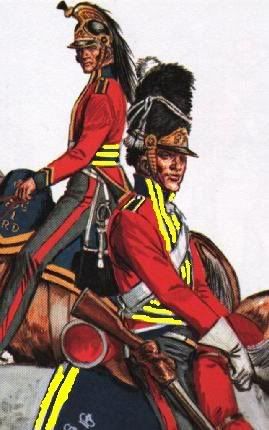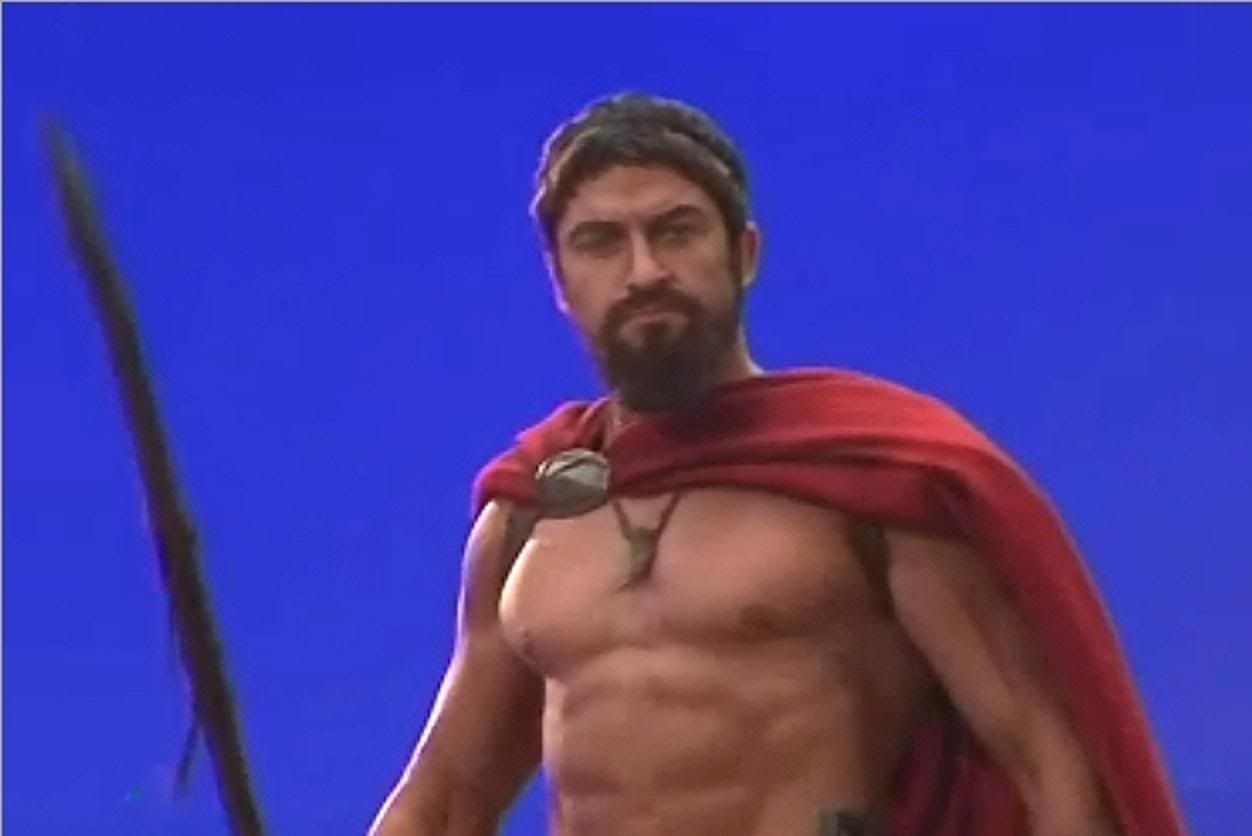Let’s face it. I’m in this business for the heroes.
What could be better than spending your days with some hunky gentleman in pantaloons, Hessians, and a coat by Weston, who says things like, “You’ve bewitched me, body and soul.”
Sigh!
The Regency gives us such wonderful heroes. Wealthy marquesses and dukes. disreputable Rakes (as opposed to my Reputable Rake, on sale in May, shameless self-promotion here), corinthians, gamblers, impoverished vicars, and my favorite–
The soldier.

I’m with Mrs. Bennett when, in Pride & Prejudice, she says, “I remember the time when I liked a red coat myself very well—and, indeed, so I do still at my heart.”
That’s me. Show me a man in his regimentals and I’ll show you a potential hero.
Take a look at these fellows:
Sigh!
Maybe I love military heroes because my father was an Army colonel. I grew up with that whole military mind-set of duty and honor and country. Woke up to reveille. Went to sleep hearing taps. Or maybe it was listening to all those Chivers audiotapes of the Sharpe series, hearing William Gaminara read, “Sharpe swore.”
Writing a soldier for a hero gives so much dramatic potential. The hero faced hardship, faced death, experienced scenes we would find horrific. He’s honed his body to be strong. When he returns to England from war, he must look on the society to which he returns in a whole new light. I think it makes for lots of interesting possibilities.
I have a brazillion books on the Napoleonic war. Three of my favorites are:
Waterloo: Day of Battle by David Armine Howarth. It tells the story of Waterloo from the soldiers point of view.
Redcoat: The British Soldier in the Age of Horse and Musket by Richard Holmes, This book covers everything about being a soldier during that time period.
Galloping at Everything: The British Cavalry in the Peninsular War and at Waterloo, 1808-15 by Ian Fletcher. This covers all the major operations engaging the cavalry and discusses some of the controversy around them.
I have another book that makes me sad: Intelligence Officer in the Peninsula, Julia Page, editor. These are the letters and diaries of Major the Hon. Edward Charles Cocks, a man who loved soldiering with a passion that makes the journals occasionally boring. It makes me sad because the war takes his life. Even Wellington grieves his loss.
I’d love to write a series of Napoleonic war love stories, sort of Bernard Cornwell-style but with a really satisfying romance. A lofty dream.
Okay, let’s face it. I just want to spend my days with some hunky officer in regimentals.
Diane

Okay. It’s not Regency but it is Gerard Butler as Spartan King Leonides at the Battle of Thermopylae 480 BC. Hey, he’s a soldier, too, right?









